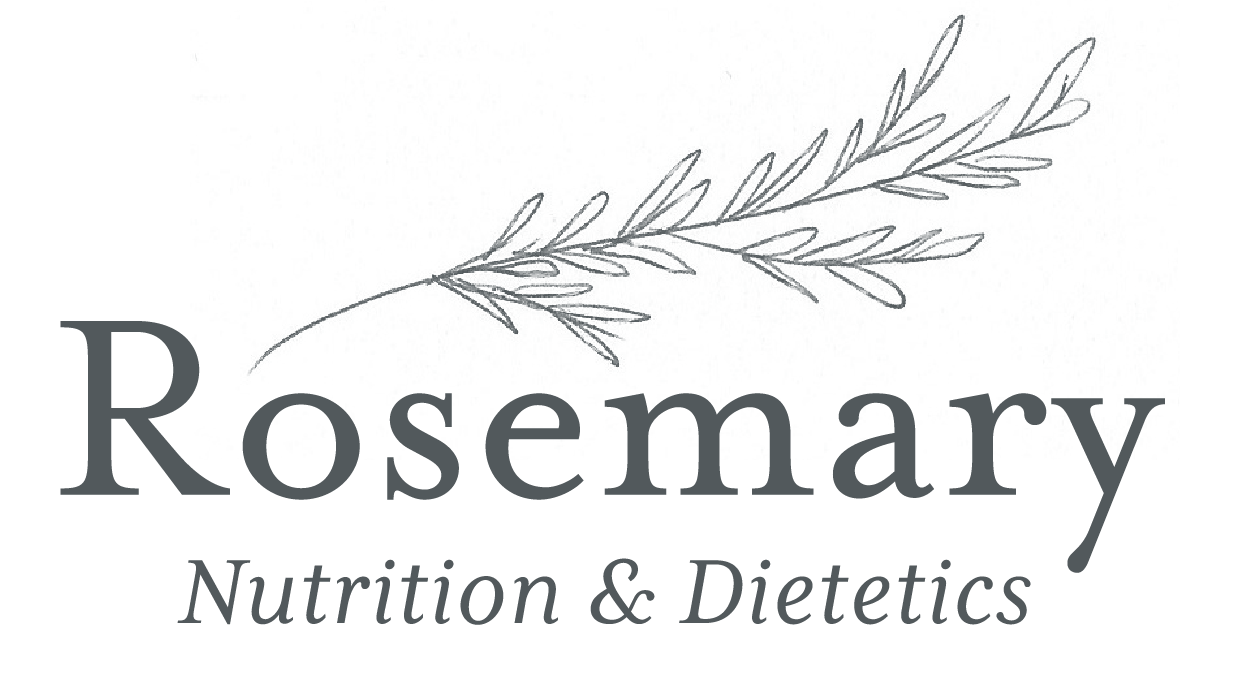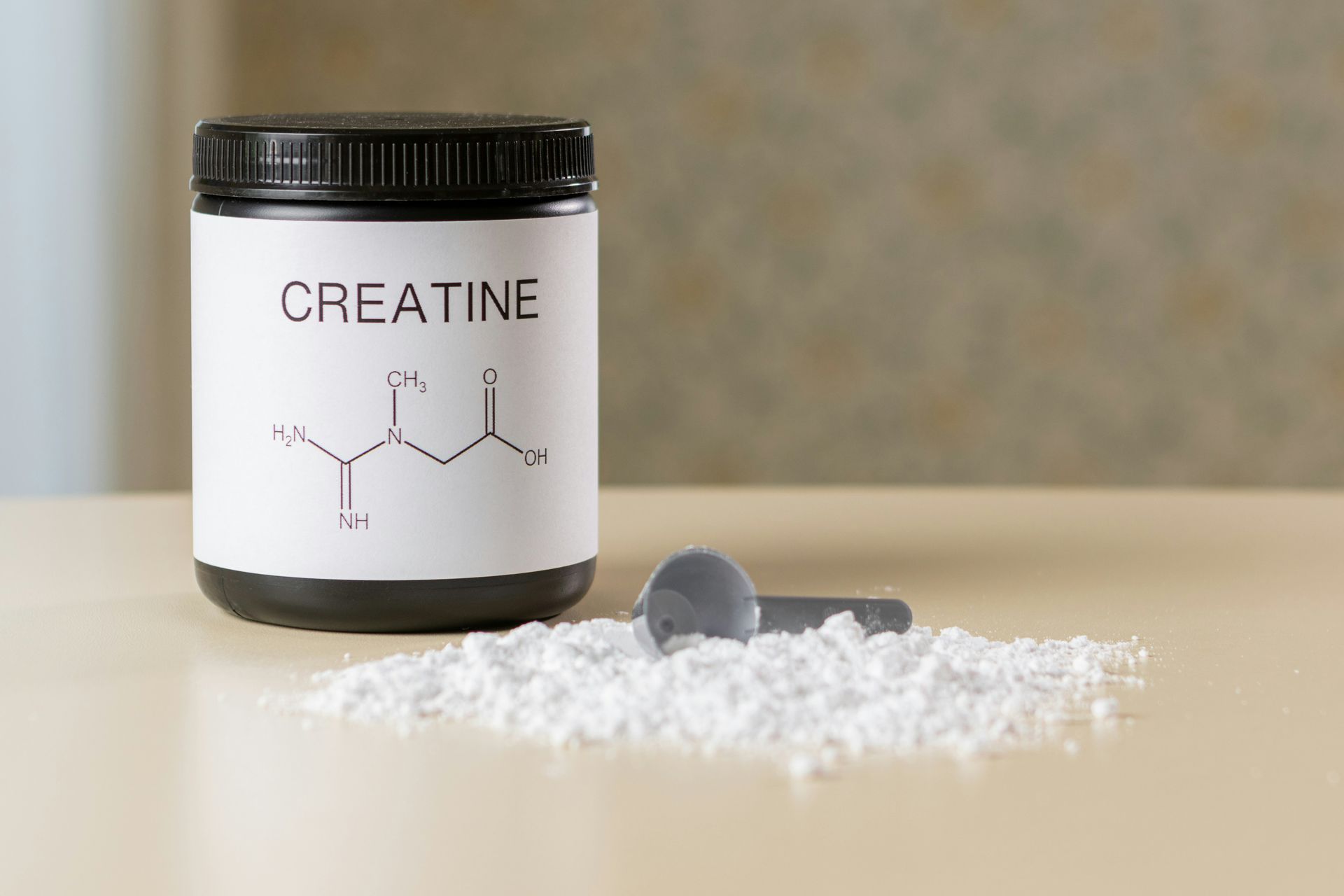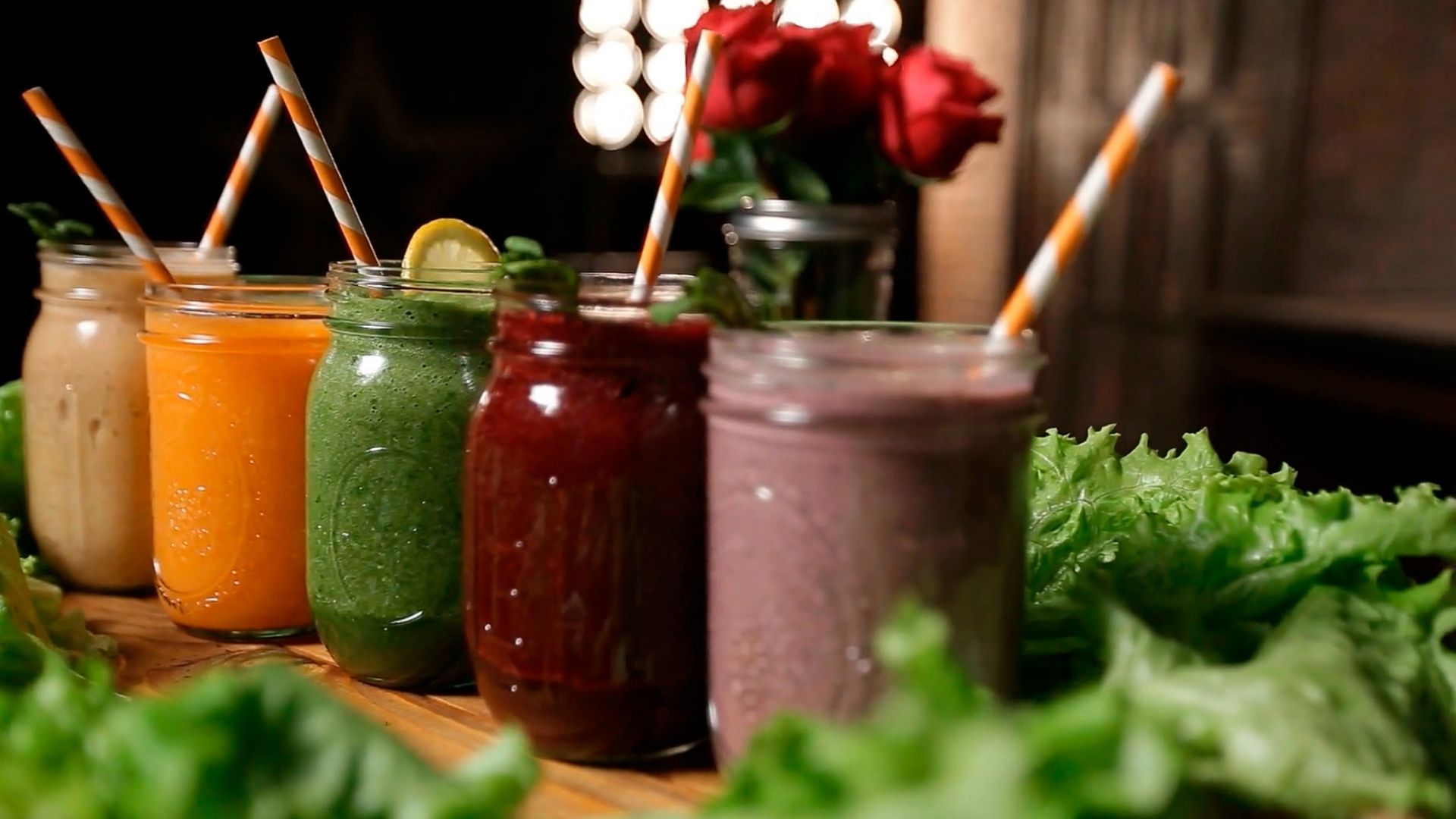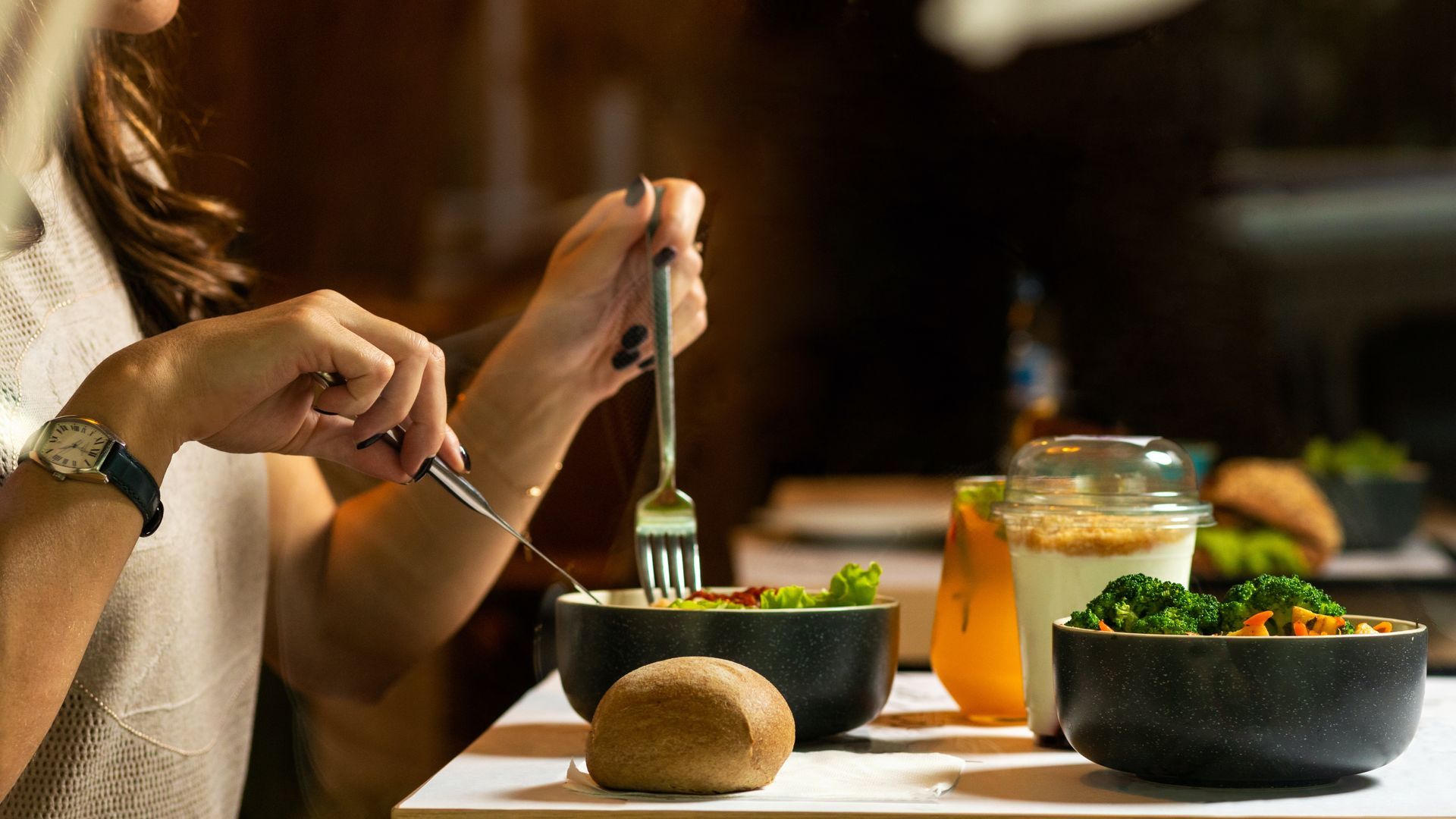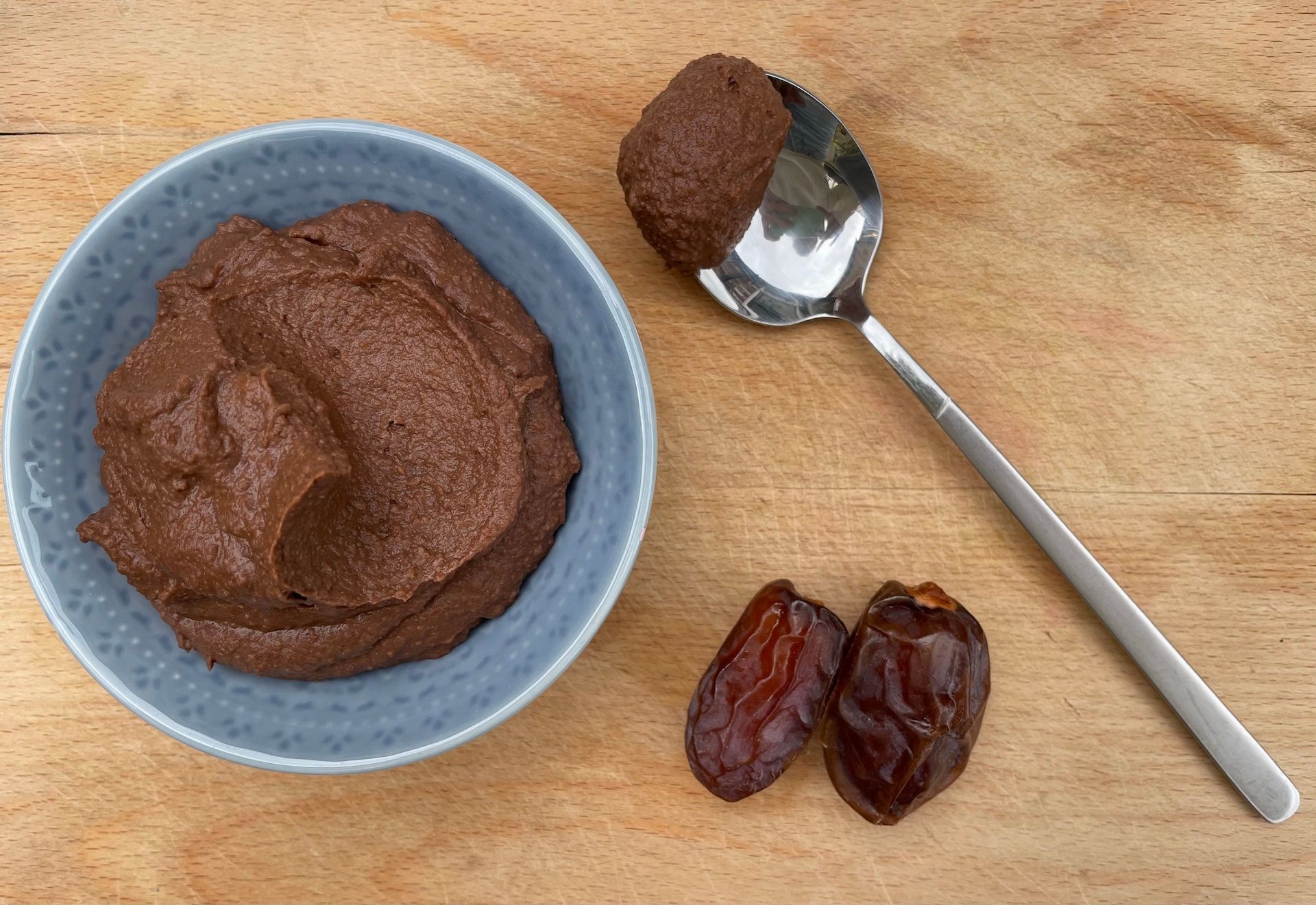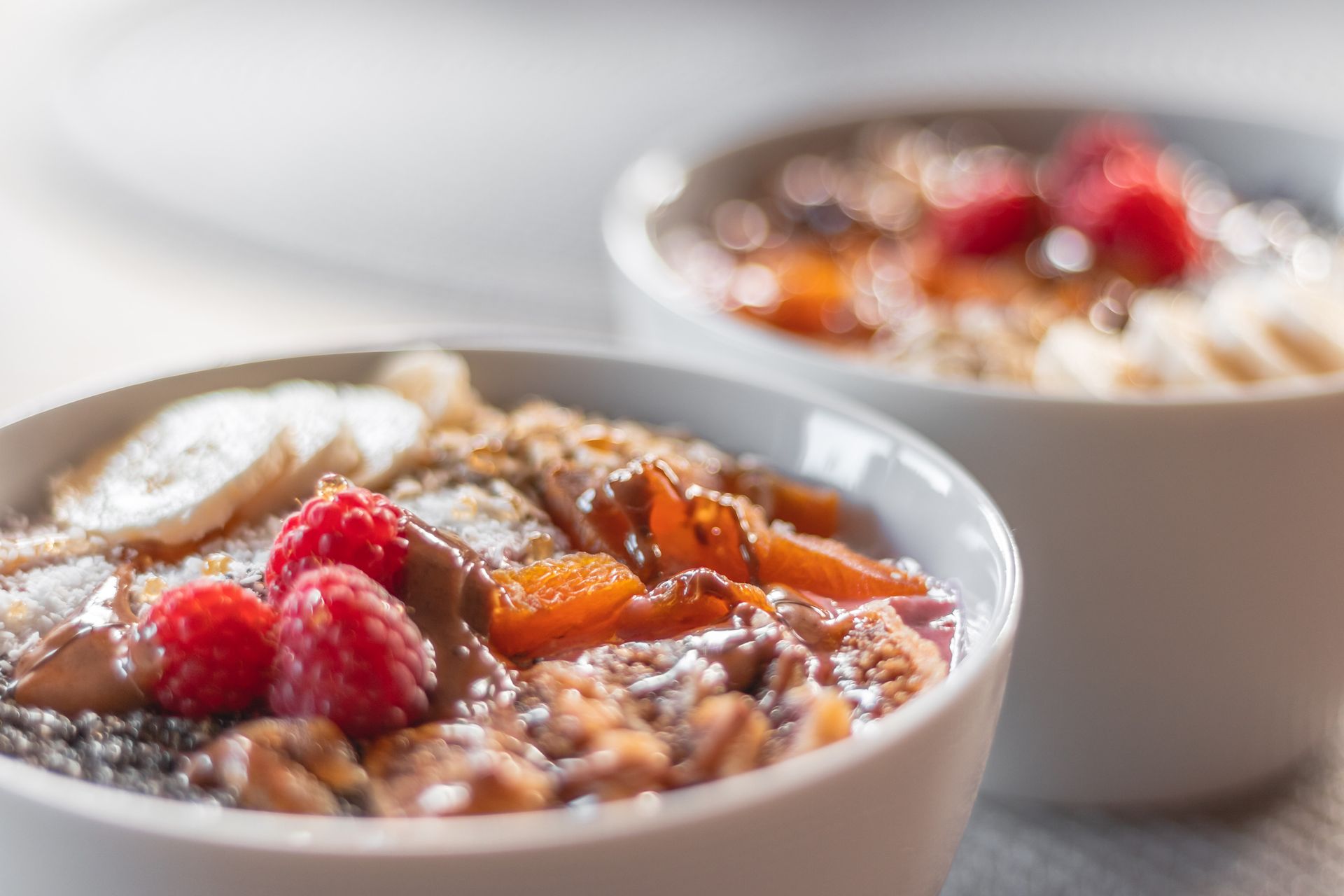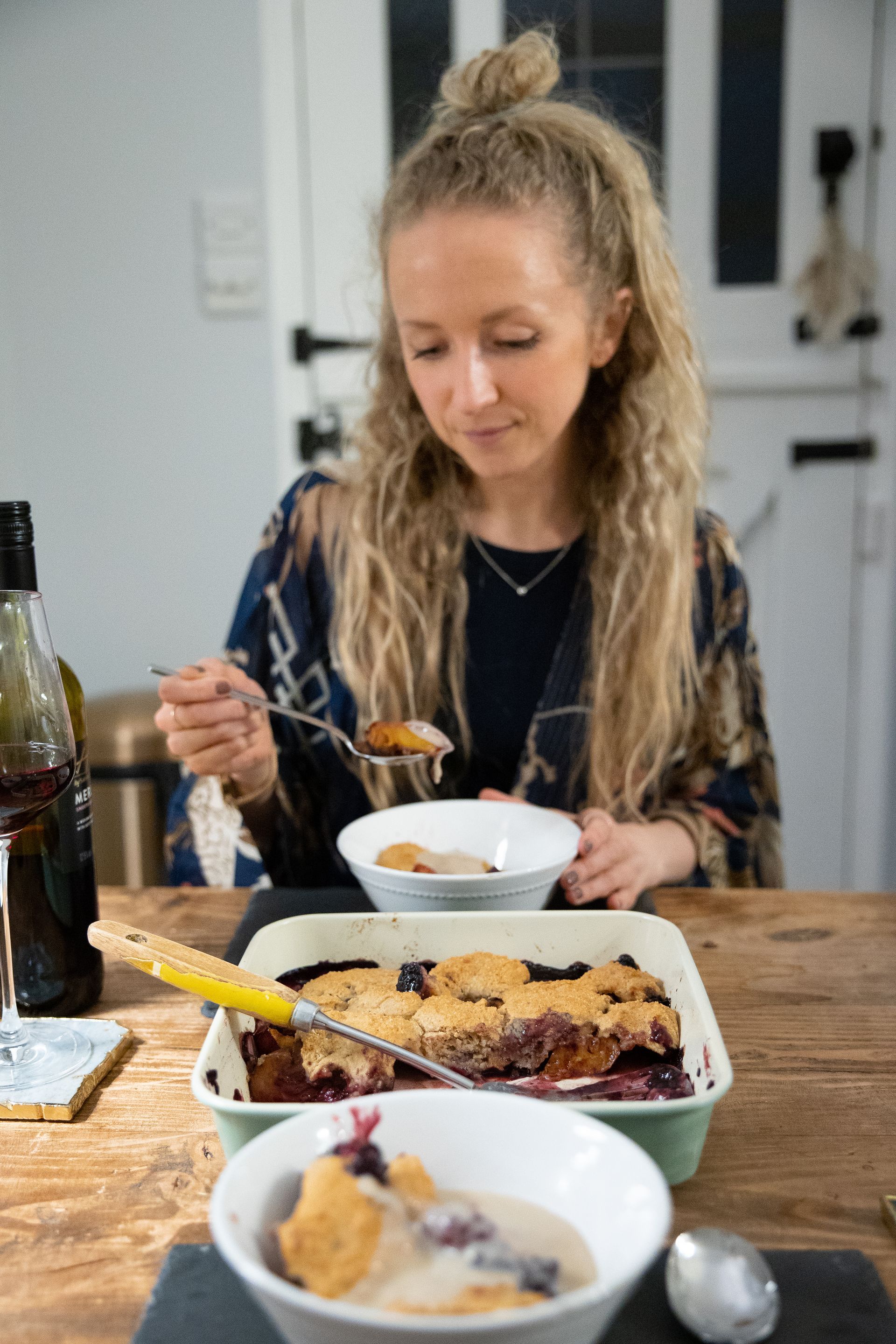Say Hello
Join our newsletter
Join our newsletter
A Plant-Based Menopause
What is the menopause?
The menopause refers to the time in a women’s life, usually around the ages of 45 and 55, when hormone changes occur. In particular, oestrogen production decreases leading to the gradual cessation of periods.
This fall in oestrogen does not just impact on a women’s monthly cycle. It can also cause other sometimes life changing symptoms including hot flushes, night sweats, loss of confidence, anxiety and depression, memory concerns, vaginal dryness, loss of libido, poor sleep, headaches and body stiffness. Symptoms of the menopause can continue up to 4 years after the last period, and sometimes longer. In the UK, 80% of women struggle with their menopausal symptoms1.
Whatever your experience of the menopause, it is important to focus on how you look after yourself during this time. This is because the reduction in oestrogen can increase the risk of health complications including weakening bones, weight gain and heart disease. Good dietary and lifestyle habits are crucial factors in helping to alleviate symptoms and potential health risks.
If you are struggling with symptoms that are impacting on your quality of life, it is important to discuss these with your GP. The decision to take medication or hormone replacement therapy (HRT) is entirely a personal one, but understanding the risks and benefits and making an informed decision is key.
Bone health
Our bones gradually lose calcium from the tender age of 30, resulting in a slow reduction in strength. The drop in oestrogen during the menopause only increases this rate of loss. To give your bones the strength they need to keep you healthy and mobile as you get older, it is important to ensure you are providing them with sufficient nutrients, particularly calcium and vitamin D.
Women experiencing the menopause, or who are post-menopausal, should be aiming for at least 1200mg of calcium in their diet every day2. This is a lot more than the 700mg per day recommended for menstruating women. With some planning, this is achievable on a fully plant-based diet. Good plant-based sources of calcium include fortified plant-based milks and calcium-set tofu. Kale, tempeh, dried figs, watercress, chia seeds, almond butter, broccoli and sunflower seeds also provide additional calcium.
Vitamin D is required to allow our bodies to absorb calcium efficiently. Amazingly, our skin can produce vitamin D when it is exposed to sunlight, and this is our main source. In the UK, vitamin D can only be produced in the skin from April to October. Although there is no specific guidelines on how long you need to be in the sun, it is thought that 15-20 minutes between 10am and 3pm, 3-5 times per week, is sufficient. Don’t forget to cover up or apply sun tan lotion immediately following this to reduce the risk of sun damage.
It is recommended that everyone takes a supplement of 10mcg of vitamin D throughout the winter months in the UK. If you have very sun-sensitive skin, you cover up for practical or religious reasons, or you don’t get outside regularly, it is recommended that you continue to take a supplement throughout the summer. If you have darker skin, it may be sensible to have your vitamin D levels checked to ensure adequate levels3.
Bones also require many other nutrients such as vitamin K and magnesium to stay strong. It is therefore important to get a well-rounded and varied diet that provides everything you need. One study has even found that diets high in fruits and vegetables may reduce the rate of bone breakdown as we get older4 indicating that a plant based diet can be a very a bone-friendly diet.
Diet is not the only modifiable factor in supporting bone health. Movement is crucial in keeping bones strong, specifically strength and balancing exercises. You could include weight lifting, yoga, ball games, racquet sports, aerobic circuit training and carrying heavy shopping in your routine to support bone strength. Try to include some of these activities on at least 2 days of the week, but any is always better than none!5
Heart health
The risk of heart disease is increased at the time of the menopause due to the influence of changing hormones on circulating levels of fat (known as lipids) in the blood. Luckily, there are some dietary changes you can make today to reduce your risk of complications from heart disease6:
- Reduce your intake of saturated fat by reducing or removing animal fats in the form of meat, butter, high fat dairy, as well as cakes, biscuits and other convenience foods. Replacing these fats with unsaturated fat from plant foods, for example avocados, nuts, seeds and vegetable oils, will support cardiovascular health. If you are already eating a plant-based diet, be aware that coconut fat, palm fat and cocoa butter are plant based sources of saturated fat and it is therefore wise to limit these
- Increase intake of heart healthy and fibre-packed food such as beans and legumes that will provide plant based protein
- Aim for an abundance of fruits and vegetables to provide vitamins, minerals, and other phytochemicals such as heart-protecting antioxidants
- Swap white varieties of carbohydrates for whole grains e.g. brown rice, wholewheat pasta and wholemeal bread
- Cooking from scratch where possible will enable you to limit added sugar and salt as well as include more whole, fresh foods in your diet7
Body weight
A common side-effect of the menopause is weight gain. Although we don’t yet understand the exact mechanisms for this, it may be due to a few factors including aging, lifestyle, genetics and changes in fat metabolism linked to oestrogen reduction. An increase in body weight at this time could contribute to increased risk of heart disease and diabetes in the future. One study found that body weight may also have an impact on more acute menopausal symptoms. In this study, a weight loss of 10% over one year was found to reduce menopausal symptoms of night sweats and hot flushes; this was achieved with a diet high in fruits, vegetables and fibre8.
Consuming whole plant foods with plenty of low energy-dense fruits and vegetables along with small amounts of plant fats is a good way to support weight maintenance. Keeping physically active with both strength and endurance exercise during this time can also help reduce any unwanted weight gain. It is, however, very important to consider your own situation, as we are all very different. Changes in body shape as we age is completely natural and healthy. Working with a specialist health care professional may be the best option if you have experienced any concerns regarding your body weight and psychological health in the past.
But what about my symptoms right now?
So now you have an understanding of looking after your long term health with diet and lifestyle. But I hear you. You want relief from your hot flushes, night sweats and unpredictable mood swings right now. Research suggests that there are some specific foods that may trigger symptoms including caffeine9, alcohol, and foods that are particularly sugary or spicy10.
I recommend keeping a simple food and symptom diary – this can help you to notice any patterns in your dietary intake and the symptoms you experience following them. If you identify any patterns, cutting down on that specific food may be useful in managing your symptoms.
Foods high in phytoestrogens may have some benefits for hot flushes. These foods include soya (tofu, tempeh, soya milk, soya yogurt), flaxseeds (or linseeds), sesame seeds and beans. Although evidence for this is mixed, these are nutritious foods that can be included as a beneficial part of a well-balanced plant-based diet; and just stick to the whole foods rather than any supplementation7.
Don’t forget to consider other aspects of your lifestyle too. Adequate sleep, stress management and connecting with a community and loved ones are all important factors that will support you through this time. This is your green light for some serious self-care.
Take home message
The menopause is a natural part of a women’s life, and not something that should be deemed as an illness or disorder as it has often been referred to in medical history. Many women struggle with symptoms, and all women may be impacted by the increased risk of certain diseases at this time including heart disease and osteoporosis. Diet and lifestyle are key in supporting health before, during, and after the menopause, and talking to a qualified physician to support decisions around HRT is key.
This article is not just for women in peri-menopause, menopause or post-menopause, but everyone. Half of the population will experience the menopause at some time in their lives, so it’s important that we learn and talk about it. Having the knowledge and tools will help us to support ourselves, as well as our mums, sisters, wives, girlfriends, grandmas, fiancés, aunties, cousins and friends at this time.
Rosie is a plant-based registered dietitian working both in the NHS and freelance. You can contact her with any queries via Rosemary Nutrition & Dietetics on rosie@rosemarynutrition.co.uk
References
1. https://www.nutrition.org.uk/healthyliving/lifestages/menopause.html?start=1
2. https://www.bda.uk.com/resource/calcium.html
3. https://cks.nice.org.uk/topics/vitamin-d-deficiency-in-adults-treatment-prevention/
4. https://pubmed.ncbi.nlm.nih.gov/21179049/
6. https://www.ncbi.nlm.nih.gov/pmc/articles/PMC7019719/
7. https://www.bda.uk.com/resource/menopause-diet.html
8. https://www.ncbi.nlm.nih.gov/pmc/articles/PMC3428489/
9. https://pubmed.ncbi.nlm.nih.gov/25051286/
10. https://pubmed.ncbi.nlm.nih.gov/22946508/
